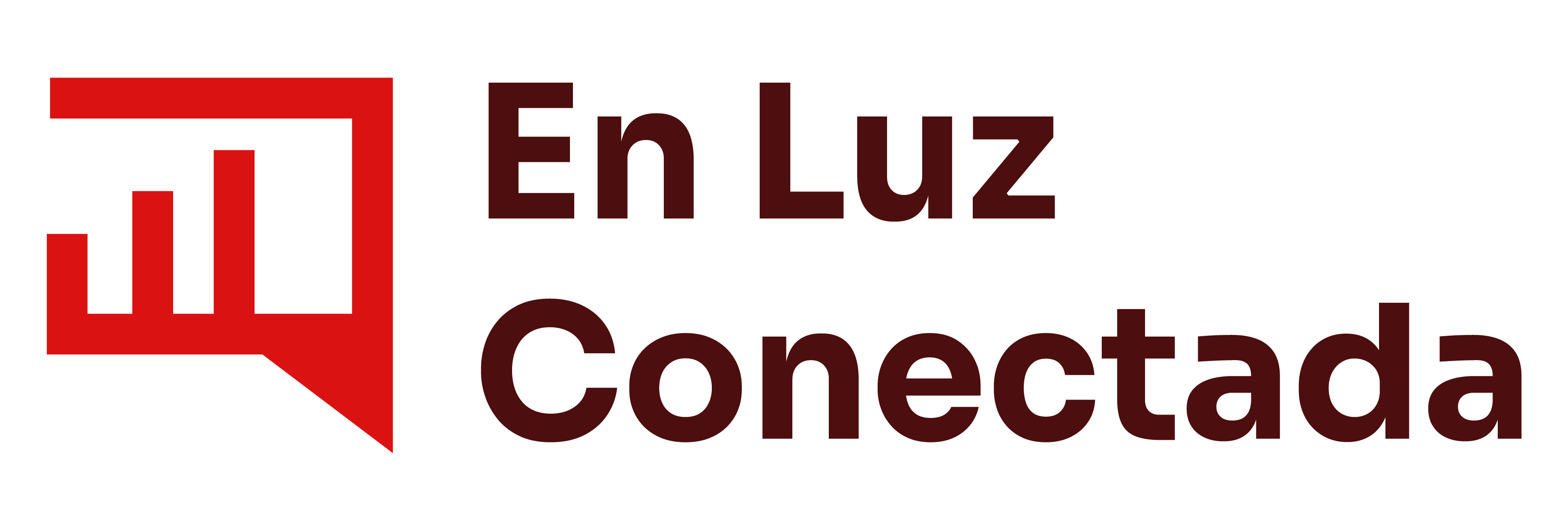Ever wondered why some people get loans easily while others face hurdles? Knowing how to get a loan can change your financial life. It doesn’t matter if it’s a personal, mortgage, or car loan. Understanding your credit score and financial documents is crucial.
In this section, we’ll share important tips to help you through the loan process. We’ll make sure you’re ready for what’s ahead.
Understanding Different Types of Loans
Knowing about the different loans helps people make smart money choices. Personal loans are great for covering personal costs like medical bills or fixing up your home. They don’t need collateral, but the interest rates and how long you pay them back can change a lot.
Mortgage loans are key for buying a home. You can pick between fixed-rate and adjustable-rate mortgages. Fixed-rate mortgages keep your payments the same, while adjustable-rate mortgages might start lower but can change over time. Both choices affect your finances for a long time.
Car loans are another way to get money for a new vehicle. Secured car loans often have lower interest rates because the car is used as collateral. But, dealership financing might have higher rates, depending on the deal. Knowing these options helps you find a car loan that fits your budget.
Preparing for the Loan Application Process
Before you apply for a loan, it’s important to prepare well. You need to gather all the necessary documents. This includes proof of income, credit history reports, and details about any debts you have.
Looking at your finances is also key. You should check your budget, think about your monthly costs, and see if you can afford the payments. This helps you understand how much you can borrow and how you’ll pay it back.
It’s good to get ready for any issues that might come up. Make a list of all the documents you need and think about how you’ll answer the lender’s questions. With good preparation, you can make the loan application process easier.
Choosing the Right Lender
Choosing the right lender is key when you need a loan. You have many options like traditional banks, credit unions, and online lenders. Each has its own good points and downsides.
Traditional banks are known for their good reputation and customer service. But, they might have strict credit checks and fewer loan choices. Credit unions offer great rates and personal service, but you need to be a member to get their loans.
Online lenders are fast and efficient, making them popular. They have many loan options and might be easier to qualify for. But, it’s crucial to compare lenders carefully.
Look at interest rates, fees, and customer service when choosing. Reading reviews from others can also help you understand a lender’s reliability.
The Importance of Loan Terms
Loan terms are crucial in the borrowing process. They affect how you repay the loan and your financial health. Key parts include interest rates, loan duration, and repayment schedules. These elements greatly impact the total cost of borrowing.
Interest rates decide how much you pay over time. A lower rate can save you money in the long run. Loan duration affects your monthly payments. A longer term means lower monthly payments but more total interest paid.
Borrowers need to think about their financial situation when choosing these options. Repayment schedules, which outline when and how much to pay, are also important. They help manage your finances well.
Knowing about prepayment penalties and extra fees is also key. These penalties can apply if you pay off your loan early. This might cancel out the benefits of getting a better rate. Understanding loan terms helps you negotiate better deals. This can improve your chances of getting loan approval.
Common Mistakes to Avoid When Applying for a Loan
Applying for a loan can be tricky. One big mistake is thinking you can afford more than you really can. This can lead to trouble down the line. Always check your budget before applying for a loan.
Another mistake is not checking your credit score before applying. A low score can make it hard to get approved or lead to higher interest rates. It’s important to look over your credit report and fix any mistakes that could hurt your chances.
Not comparing different loan offers is another error. Lenders offer different terms and rates. Shopping around can help you find a better deal and increase your chances of getting a loan.
It’s also crucial to fill out application forms correctly. Mistakes can cause delays or even rejection. Double-checking your application ensures it’s accurate and professional.
Finally, don’t rush into decisions without thinking them through. Taking your time to consider all options can improve your chances of getting a loan approved.
Tips for a Successful Loan Approval
Getting a loan approved often depends on a few key steps. Keeping a good credit score is essential. Lenders look closely at credit reports when deciding on loans. Checking your credit report for errors and fixing them can boost your score.
Managing your debt is also crucial. Try to pay off debts before applying for a loan. This shows you’re financially stable. Having a co-signer can also help, especially if your credit isn’t great. It makes you a safer bet for lenders.
Building a good relationship with your lender matters too. Being open about your finances and any challenges can build trust. Applying for a loan when demand is low can also speed up the process. By following these tips, you can greatly improve your chances of getting the loan you need.





